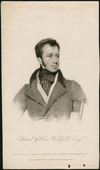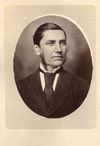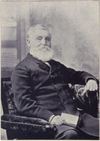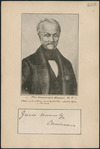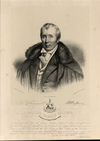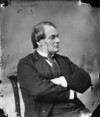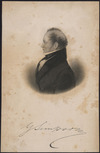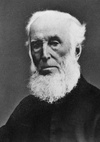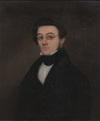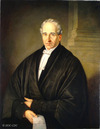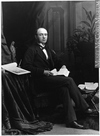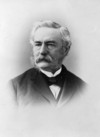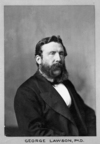placing the public trust in their corruptible hands. At this time a chief villain seems to have been, for Pinhey, Francis Hincks
]). h.j.m.j.]
Colonial Gazette (London), 1842. Debates of the Legislative Assembly of United Canada, I-IV. Hincks
into the lap of finance minister Sir Francis Hincks*. Since Weir was widely recognized as a person with expertise on the subject, the two
the end of the year, he spoke during the provincial election campaign on behalf of Francis Hincks*, the reform candidate in Niagara. McMicken
Arthur identified him, along with the Baldwins, Small, and Francis Hincks*, as one of the “respectables” of the reform “Party.” In
Hincks*, Baldwin joined the executive committee of the Constitutional Reform Society of Upper Canada, where he consorted with William John O
Rose*, a man of limited parliamentary experience. The resignation of Rose and his replacement by another Canadian, Sir Francis Hincks
Hincks* would make several decisions as a cabinet member and as premier that were advantageous to the company. For example, he assigned responsibility for making government payments to Indians in the
Hincks* in Canada that an imperial act be passed enabling the provincial legislature to make a final settlement on the clergy reserves. Nor did he receive the response to his appeal for funds which he
established Montreal Pilot, Francis Hincks*, defended Boulton, pointing out that his stake in the country “is so large as to make him much
Francis Hincks*, who “up to the very moment of the outbreak of the rebellion defended the conduct” of Louis-Joseph
for Algoma in 1872 and that of their ally, Sir Francis Hincks, for Renfrew North in 1869. He also used
Hincks* that Cuvillier would be a better nominee for speaker than more radical reform candidates. Cuvillier could rally the tories since he spoke fluent English and had extensive business connections
Patriot during his absence following his stroke. A political as well as an editorial adversary, Francis Hincks* of the Toronto Examiner
Hincks*, and Sir Alexander Tilloch Galt. Only two French Canadians, Honoré Cotté and Edmond
Richards*, an attorney general in the reform government of Francis Hincks* and Augustin-Norbert
Hincks* as a trunkline uniting the British North American colonies, the Grand Trunk had been put together by the amalgamation of existing lines and the construction of long sections joining them
the lines he had projected. He criticized co-premier Francis Hincks*’s policy of handing the Grand Trunk project over to British contractors
North America as their field, Lawson contrasted sharply with William Hincks*, professor of natural history at the University of Toronto, who
Hincks*, with Lieutenant Governor William Pearce Howland* and Senator William


